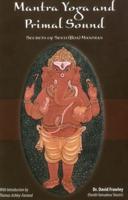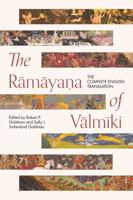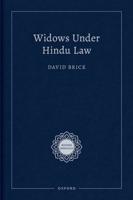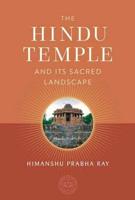Publisher's Synopsis
Valmiki (ca. 400 B. C.E, northern India) is celebrated as the poet harbinger in Sanskrit literature. He is the author of the epic, Ramayana, based on the attribution in the text of the epic itself. He is the inventor of the vedic poetic meter shloka, which defined the form of Sanskrit poetry in many latter works. He is revered as the first poet in Hinduism. There is also a religious movement based on Valmiki's teachings as presented in the Ramayana and the Yogavashista called Valmikism. The Ramayana consists of 24,001 verses in six cantos (some say seven i. e. including the Uttara Ramayana) (kandas). The Ramayana tells the story of a prince, Rama of Ayodhya, whose wife Sita is abducted by the demon (Rakshasa) king of Lanka, Ravana. The Valmiki Ramayana is dated variously from 500 BC to 100 BC, or about co-eval with early versions of the Mahabharata. As with most traditional epics, since it has gone through a long process of interpolations and redactions it is impossible to date it accurately.







![Bhagavad Gita As It Is [Gujarati Language]](/jacket/200x200/9789382176435.jpg)


